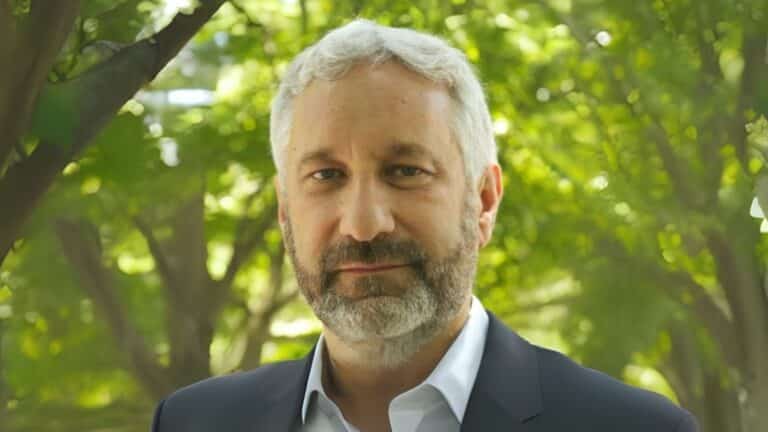The US led the world to reach a huge climate deal. Then, it switched sides.
Ten years after nations adopted the Paris Agreement, its objectives are in jeopardy amid rising climate pollution and a political backlash against clean
Current Access Level “I” – ID Only: CUID holders, alumni, and approved guests only
U.S. energy policy has gone through many twists and turns over the past 40 years, as the nation transitioned from gasoline lines to an abundance of oil, natural gas and renewable energy. No one has been more involved in shaping and analyzing energy policy than Phil Sharp, having spent 20 years as one of the leading lawmakers on the topic and the last 11 as the President of Resources for the Future, Washington D.C.’s oldest think tank devoted exclusively to analysis of energy and the environment. Sharp recently joined the Center on Global Energy Policy as a Fellow.
On this episode of Columbia Energy Exchange, host Bill Loveless talks with Sharp about his time as a lawmaker in D.C., when Congress worked on a bipartisan basis to enact policies addressing concerns over the production of energy and how we consume it. During the conversation Sharp recalls some of the biggest battles over energy policy on Capitol Hill, the dramatic changes in U.S. energy fortunes, and what we can learn from these experiences, including:
The ten years since the Paris Agreement was signed at the UN Climate Change Conference, COP 21, have been the ten hottest years on record. And the outcome...

Last week, President Trump announced that he was imposing significant new sanctions on Russia. It’s an effort to cut off revenue Russia needs for its war in Ukraine....

Energy has long been used as a weapon. The United Kingdom blocked oil exports to Germany during World War I. Hitler’s fall was due in part to losing...

Trade tensions between the US and China have hit a new high mark. Last week, after China announced plans to ratchet up its export controls of some rare-earths...

The fashion industry sits at the intersection of climate, energy, and consumption, facing growing pressure to cut emissions, transition to clean energy, and build circular systems across global supply chains.

Artificial intelligence is driving a massive technological transformation that is already reshaping many aspects of daily life.

Why Ukraine’s campaign against Moscow’s energy sector is working.

Why Big Tech’s energy problem might prove crucial to fighting climate change.
